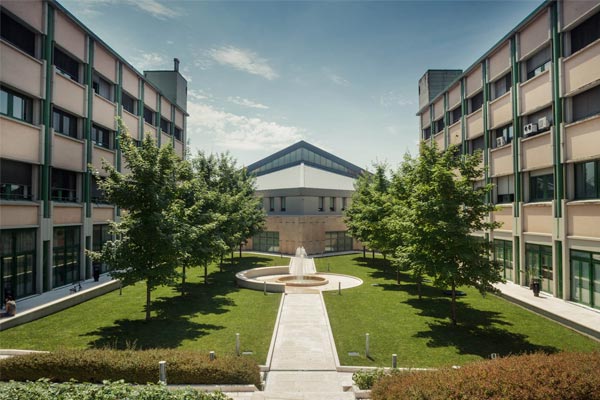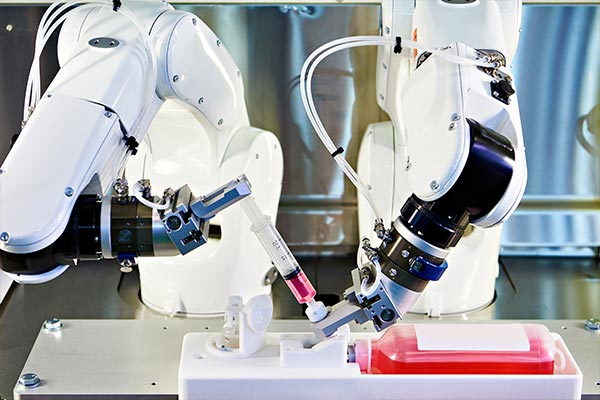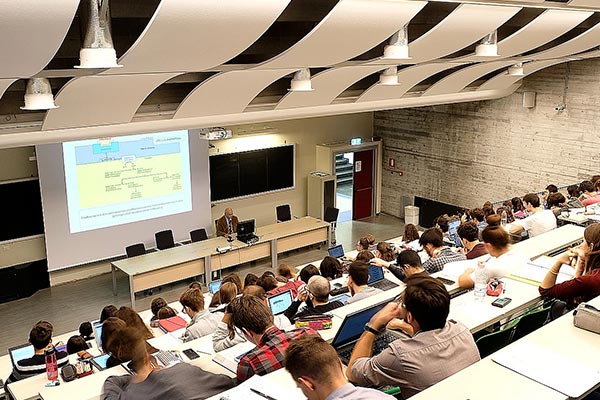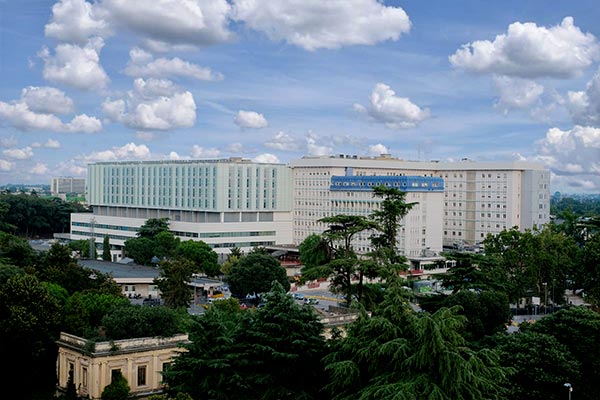- Curriculum
-
Dr. Diego Dall’Alba received the Master Degree with honors in “Intelligent and multimedia systems” from the University of Verona, Italy, in 2010. He received a Ph.D. in Computer Science from the University of Verona in 2014. Since 2008 he has been a member of the Altair robotics laboratory (Verona, Italy). He has been involved in 4 European projects: AccuRobAs, Safros, ISUR and MURAB. In 2012, he was visiting researcher at the University of British Columbia (Vancouver, Canada). He is currently an Assistant Professor (tenure track), working in ARS and ATLAS projects. His main research interests are in the field of surgical robotics (advanced sensing and multi-modal data processing), computer assisted surgery, and ultrasound guided systems.
Modules
Modules running in the period selected: 16.
Click on the module to see the timetable and course details.
News for students
There you will find information, resources and services useful during your time at the University (Student’s exam record, your study plan on ESSE3, Distance Learning courses, university email account, office forms, administrative procedures, etc.). You can log into MyUnivr with your GIA login details: only in this way will you be able to receive notification of all the notices from your teachers and your secretariat via email and soon also via the Univr app.
MyUnivr
Research interests
| Topic |
Description |
Research area |
|
AI, Robotics & Automatic Control
|
Robotics is concerned with the development of systems that make the intelligent connection between perception and action. For this reason, robotics is strongly interdisciplinary, including mechanical and electronic design, computation and data fusion algorithms, machine learning and reasoning, and motion control and environment interaction methods. In the last years, robotics systems have matured in terms of safety and reliability and they can now work in delicate environments and in direct contact with people. In case of demanding cognitive tasks, robots are usually supported by a human operator, in a teleoperation mode. A well established example of teleoperation system is a surgical robot, in which a surgeon directly moves the robotic tools to carry out the intervention. A new research direction is the addition of autonomous functions to the robotic systems. To reach this goal, we need to improve the perceptual and cognitive capabilities of the robots, to interact safely with a complex real environment. Some of the research topics addressed at the University of Verona include: control and system theory, modeling and analysis of human perception, coordination of multiple-robot systems, distributed sensing and control algorithms, teleoperation algorithms, and analysis of the physical interaction of humans and robots.
|
Robotic systems and automation
Sistemi robotici e automazione
|








 dallalba
dallalba univr
univr
